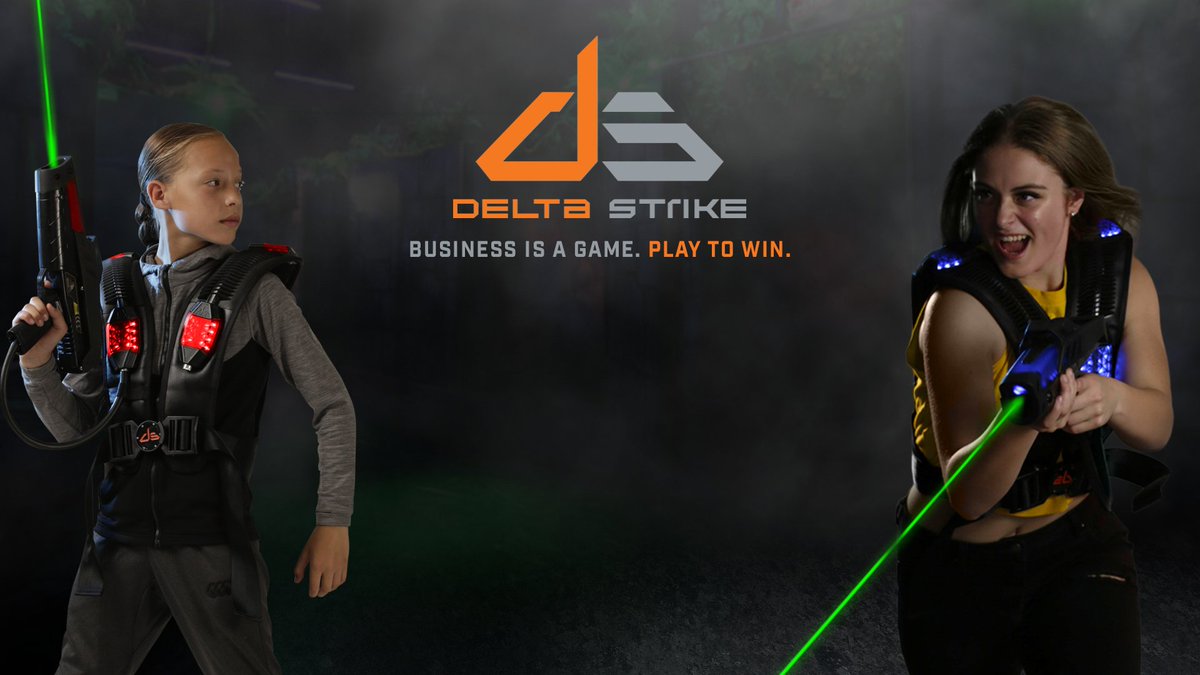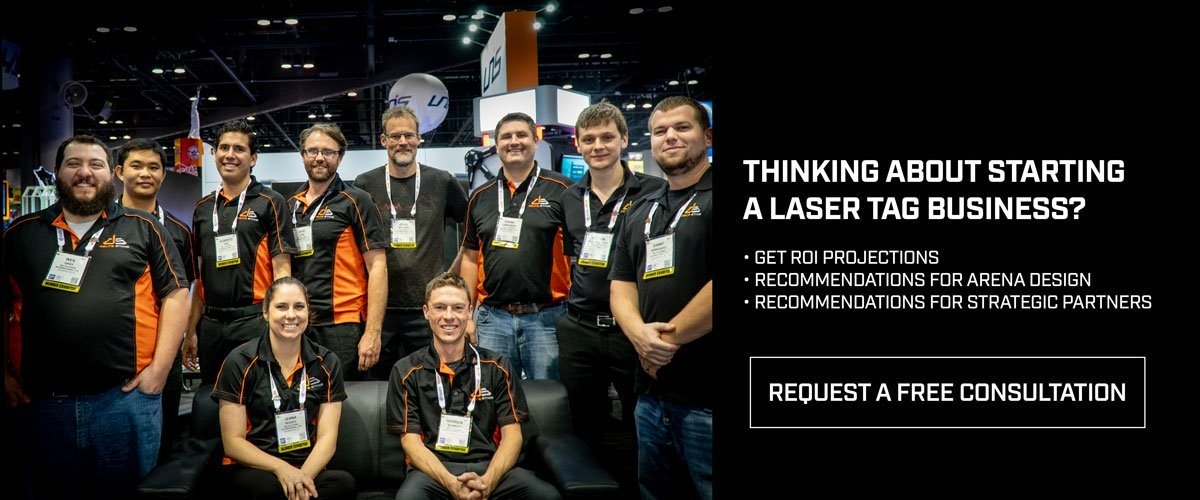Introducing a next-generation product in the amusement industry is no small feat.
The first challenge is dealing with uncertainties in the marketplace. There’s a significant amount of risk when introducing something new to the laser tag industry.
The second challenge is gathering and making sense of the right market information. Collecting feedback from our sales and customer support teams was valuable, but having meaningful conversations with customers was paramount.
The third challenge is organizing the project and aligning teams within our organization to keep things on schedule. With so many moving parts during the product development phase, it tested our ability to orchestrate some of the most complex activities you can imagine.
All of these challenges came together perfectly at IAAPA this year when we successfully introduced the next generation of laser tag equipment with Genesis.
As a result of all the blood, sweat, and tears that went into the official launch, we were honored to have been awarded the Brass Ring Award for New Product Concept (2nd Place). The recognition was significant on two fronts:
- Our team received much-deserved recognition for all the hard work leading up to the expo, and
- The 2nd Place finish because it aligns with our company’s relentless pursuit to get better—instead of resting on our laurels.
Hats off to all the Brass Ring award winners this year who are innovating, raising the bar, and moving the industry forward.
For the buyers attending IAAPA this year, you had a chance to see the next-generation attractions first-hand. Some of you made investments in your latest attractions. You’re the early adopters. The rest of you are waiting to see how they perform, thus putting you in the early majority category.
Depending on your market and competition level, your threshold for being early or late adopters may bear your decisions.
There are pros and cons for each position in the diffusion of innovation model. When you’re the first to purchase the next-generation attraction, you run the risk of experiencing bugs. However, you’re going to be the ones to tap into the early adopters in your market. Not the 70-year-old league bowlers, but the influencers who are the ones who tell their friends about it.
If you’re in the late majority, you’re going to avoid the risk of a fad coming and going. However, you’re not going to be on the cutting edge in your market that creates the buzz. In a noisy world full of distractions, you’ll quickly fade into the background noise from all the other in-home or location-based entertainment options in your market.
So why do next-generation attractions give you a competitive edge?
1. You set yourself apart from the competition.
In highly competitive markets, every little leverage point that helps you influence decisions to go on a Friday night with friends or a place to host a birthday party.
A crucial part of positioning your latest attraction is to communicate why it’s different from the rest. Take laser tag; for example, it’s easy to think that all laser tag systems are the same for beginners.
The more you play, you’ll start to recognize the difference in gameplay. We all want more games played and increased Customer Lifetime Value (CLV) from a business standpoint.
2. Your attractions reflect your brand.
Brand perception is defined as a result of a consumer’s experience with a brand or your business. Do you want to be perceived as dated? Or on the cutting edge?
If you’re a 30-year-old bowling center with original carpet and bathrooms, your guests are going to form their own opinions based on their experience at your center. On the other hand, if you’re always adding attractions and changing things up, you’re likely going to be perceived as a progressive entertainment center.
Bringing it all together
Creating a next-generation attraction is one thing. Taking the latest innovation to your market is another. You have to look at underserved needs and take risks strategically.
Getting the latest laser tag system makes sense in most cases. Less competitive markets may do just fine with some of the basic functionalities.
What matters more in the long-run is the way you think. Do you want to be a laggard with your attractions? Or do you want to adapt to the ever-evolving needs of today’s consumers? That’s for you to decide. If you’re an early adopter who wants to explore the possibilities, let’s talk.


